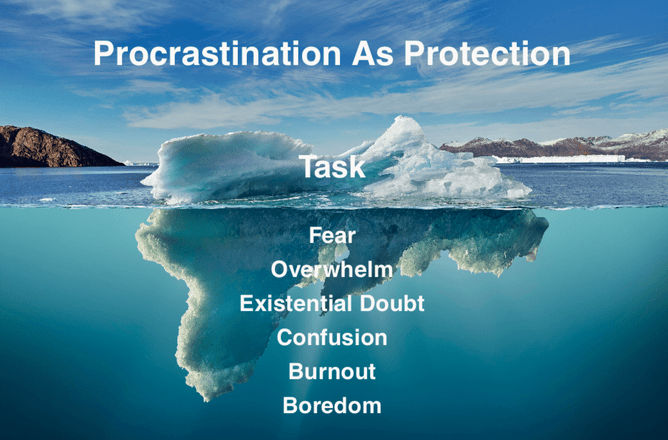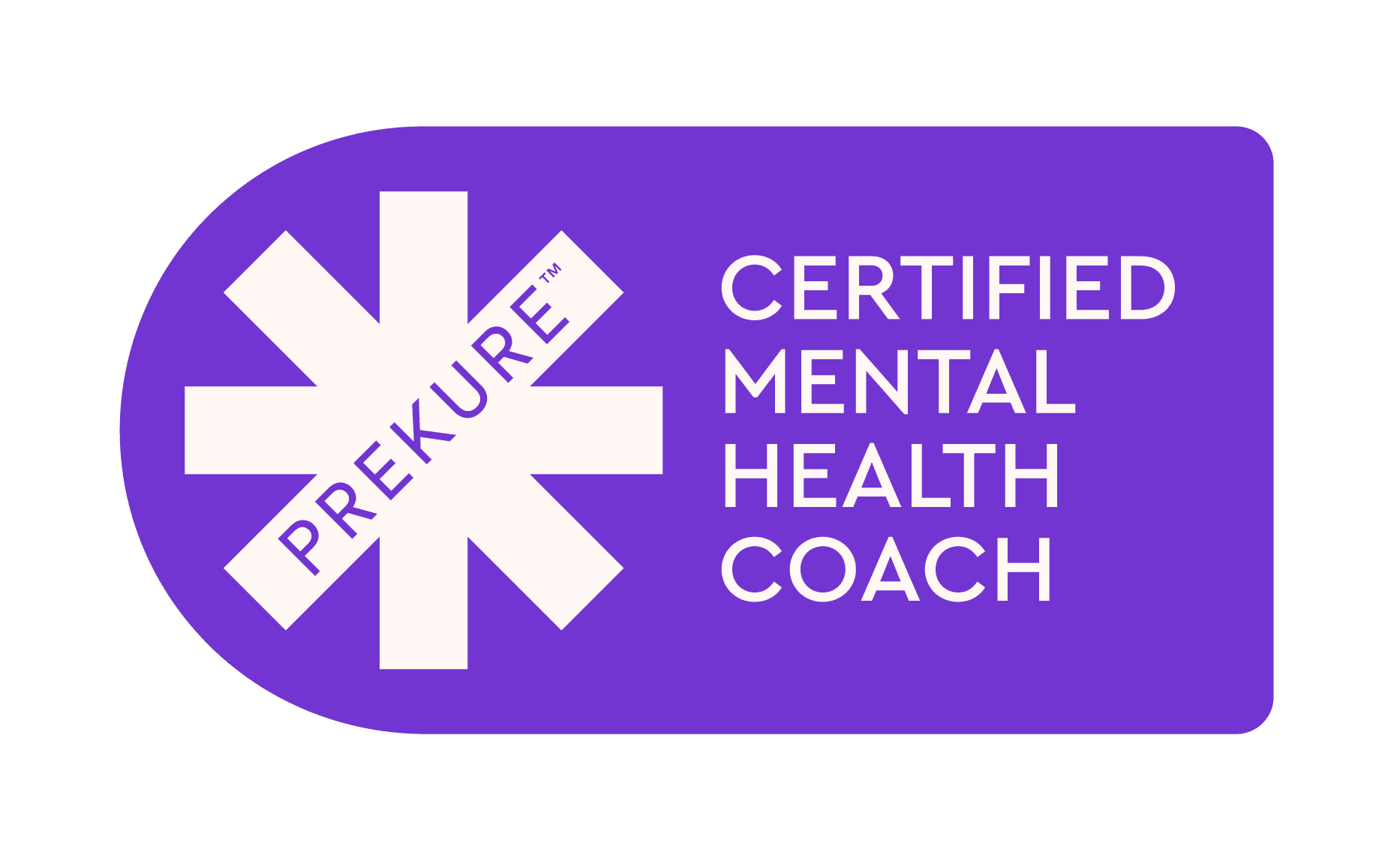Why Procrastination Isn’t Laziness
Some days life feels like a holding pattern.
I find myself putting off responding to people (even just about catching up for coffee) until I know the full answer. I don’t want to say, “I’m not sure yet”, even when that’s the truth. It feels safer to wait, to polish, to hold back until I can be certain.
As a parent, the mental load stacks up quietly in the background. School forms (there are SO many emails and forms!), doctor’s appointments, dentist’s appointments, meal planning, messages to return, birthdays, planning logistically how the family can accommodate all the extra-curricular activities. It’s invisible, but it fills the brain.
And then there’s the bigger to-do list, the one that’s never done. Building a business, honing my acting skills, parenting, the house, relationships, health. Things I want to do and things I “should” do. Together they blur into one overwhelming stream.
Here’s the part that gets me: I know I’ll never clear it. And that’s deeply uncomfortable. The temptation is to push harder (to do more, faster, better) or to do nothing at all. Both are ways of coping with the impossible truth that there is no bottom to the list and not always a clear way forward.
So, what looks like procrastination isn’t laziness or a lack of willpower at all.
It’s the nervous system trying to protect us from being wrong, from dropping the ball, from facing the impossible truth that we can’t do it all.
The Emotions Underneath
And there are many ways that protection shows up. Here are some of the most common emotions underneath procrastination:
Fear: if I don’t start, I can’t fail. I can’t let people down. I can’t be found out as “not enough”.
Overwhelm: there’s so much to do, I don’t know where to begin.
Existential doubt: this doesn’t connect to what matters to me, so what’s the point?
Boredom: this is so dull, I can’t get my brain to care enough to start.
Confusion: I don’t understand what’s needed, and I can’t see the way through.
Burnout or sensory overload: I have nothing left to give.
Why Importance-Based Prioritising Doesn't Work For Everyone
For some of us, the problem isn’t just the size of the list. It’s the way we’re wired to move through it.
Most of the world assumes we prioritise by importance: this matters most, so it goes first. But not everyone works that way.
For some people, especially ADHDers, their nervous system isn’t driven by “importance” at all. It responds more to sparks of energy in the moment, which makes prioritising and planning feel impossible, no matter how many planners or organisers you buy.
Psychiatrist Dr William Dodson describes this as an interest-based nervous system. He uses the acronym PINCH to capture the five levers that motivate action: Passion, Interest, Novelty, Challenge, and Hurry. These are different paths into action when “importance” alone doesn’t get us moving.
Finding the Next Right Thing
And sometimes, as Ana from Frozen 2 reminds us, the doorway is just the next right thing. The tiniest action, enough to cut through paralysis and open space for what comes next.
Along the way, I try to lean into the strengths I already have: perseverance, yes, but also bravery to begin, curiosity, perspective, and kindness to myself.
💡 Takeaway: Next time you catch yourself stuck, pause and:
Ask: What’s my nervous system protecting me from right now — fear, overwhelm, doubt, boredom, confusion, burnout?
If prioritisation by importance isn’t working, try a different path. PINCH yourself with Passion, Interest, Novelty, Challenge, or Hurry.
Then choose the next right thing. And I don’t mean the next capital R right thing. Just a small step, and I mean really small. Because often, that’s enough to get us moving.
That’s where the story shifts from “I’m failing” to “I’m finding a way through”.
Concept from Dr William Dodson — Interest-Based Nervous System and PINCH






